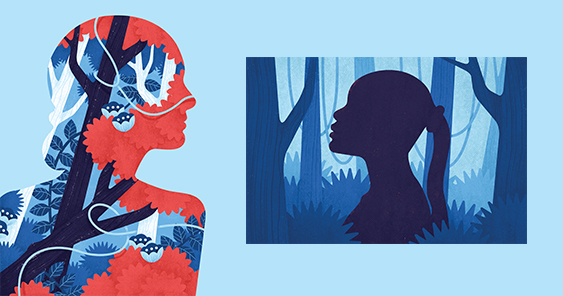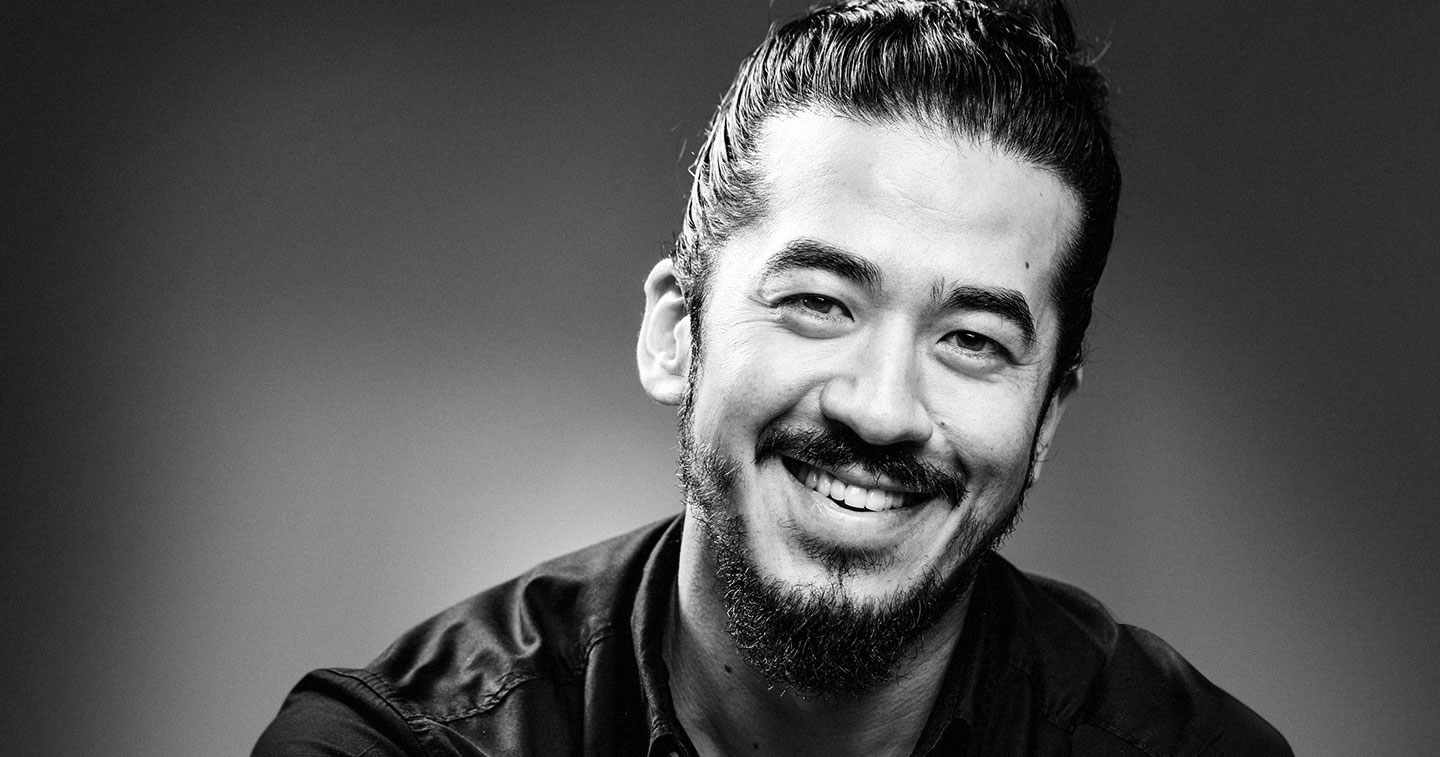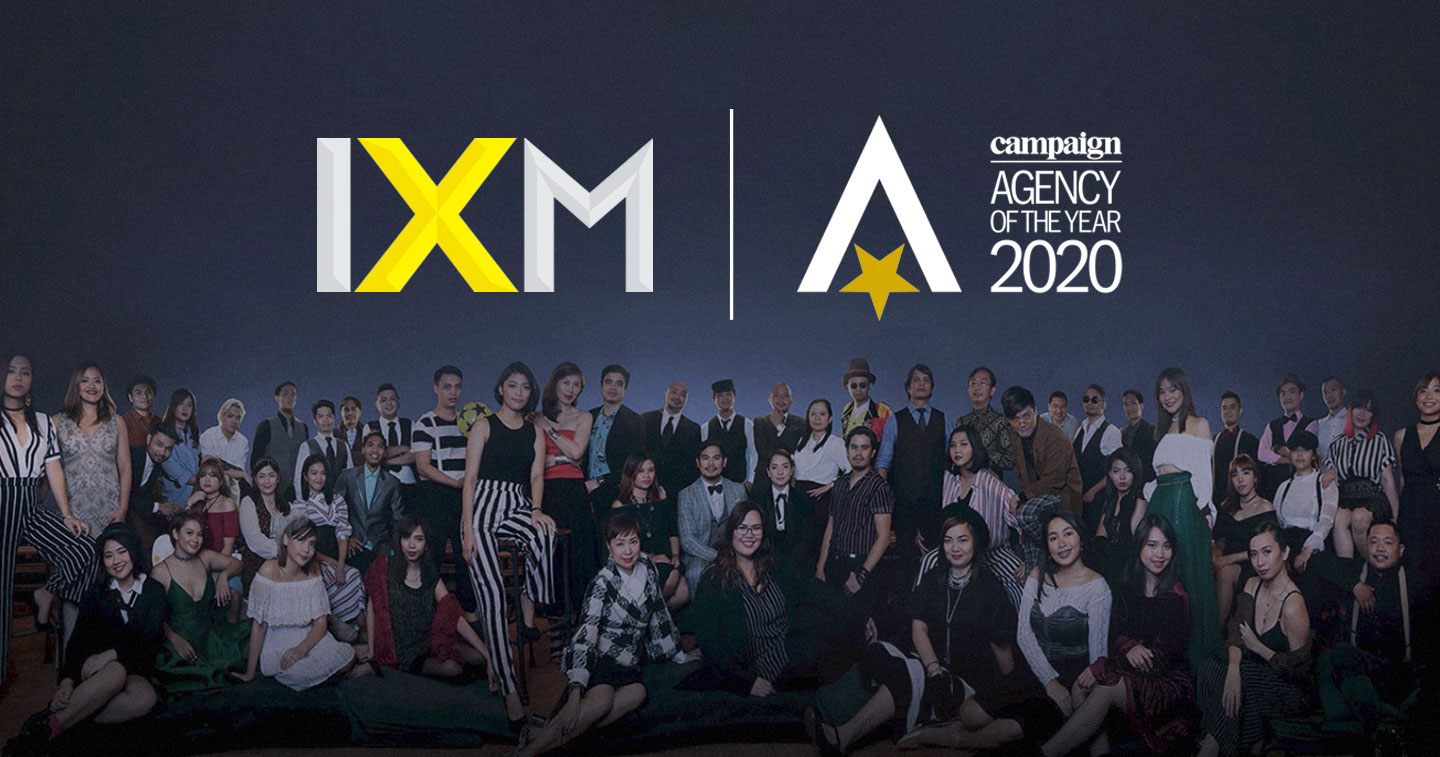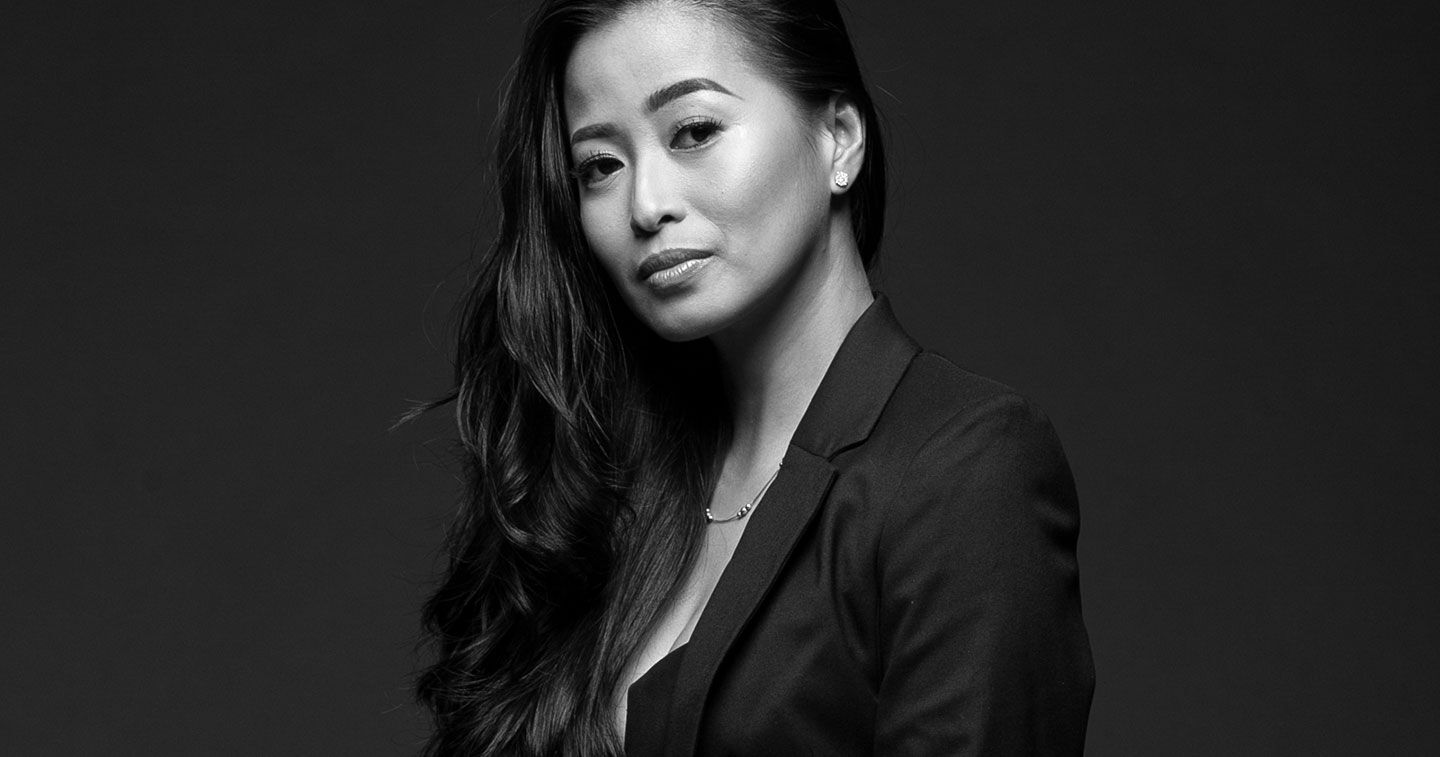Words by Mark Tungate
Illustration by Cha Pornea
Women are trending. Over the past year or so, websites and magazines – including this one – have been tackling the thorny issue of how women are treated in the workplace, from Hollywood to advertising to the financial sector and beyond.
And rightly so. The impact has been so profound that, I hope, even the dumbest male must now ask himself some serious questions before embarking on behavior that he may have found acceptable in the recent past.
Women have noticed the reset. I recently bought my wife – a successful journalist – a book of the late Norah Ephron’s amusing personal essays. She drew my attention to an article from 2006, “On Maintenance”. The sentence that shocked Madame Tungate was this one: “Maintenance is what you have to do just so you can walk out the door knowing that if you go to the market and bump into the guy who once rejected you, you won’t have to hide behind a stack of canned food.”
“She couldn’t write that in 2018,” Géraldine told me. “I mean, who cares what some guy thinks?”
Our own industry has promised to think differently about the way it treats women. On the very morning I started working on this piece, I read about Ogilvy’s “restructuring plan” in the US, which included a pledge to close the gender pay gap. This followed WPP’s notorious UK Gender Pay Gap Report, which showed that the average female employee at the company was paid 25.5 percent less than her male counterpart.
Fine words, of course, and perhaps adland is just spinning itself a tale. I’ll rely on my female friends in the industry to tell me if they see real change in terms of attitudes and opportunities in the workplace. (One of them, a freelance PR for agencies, told me that she was wary of revealing her age in case her male clients found her too old and, by implication, less attractive – which would in turn affect her business.)
Personally I think the real issue facing the advertising industry is not just one of unequal opportunities, or lack of gender diversity – but of lack of diversity in general. Adland exists in a bubble that affects the way it portrays the outside world.
I was recently asked to give a “humorous” speech at a conference, during which I was supposed to show ads that crossed the boundary of acceptability. Of course it was easy to unearth a ton of vintage chauvinism. But plenty of current spots show women cooking and shopping while men drive and fix stuff. (The stereotyping cuts both ways: women care for their children; men don’t know how to change a diaper.)
Even more alarming was the recent Facebook ad from Dove that showed a black woman “transforming” into a white one thanks to the power of soap. Perhaps that’s not what they meant – but it sure looked like it.
Over here in Europe, advertising is particularly whitewashed. In my research for the speech I came across a British study from 2016 revealing that out of 1,500 ads by the top 20 advertisers in the country, black people appeared in 5.6% of ads, mixed race people in 3.6% and Asian people in just 2.7%. Single mothers and the LGBT community were barely visible.
My point is that more diverse agencies might encourage more diverse advertising. Don’t take my word for it. I recently interviewed Harris Diamond, chairman and chief executive officer of McCann Worldgroup for our annual Epica Book, and the subject came up when we discussed Fearless Girl. He was hopeful that things were changing. “Not just in terms of gender diversity… but diversity of all kinds. You need people of different backgrounds and ethnicities. That’s our audience.”
I’ve shared my thoughts on the creative power of diverse thinking in earlier columns. Agencies may say that they already got the memo. “But it’s the clients,” they’ll protest. “They need to take more risks!”
That may well be true. But perhaps they’re coming round to the idea. I was heartened the other day when I saw one of the commercials screened during the Oscars broadcast. It was for Walmart, and it was a science fiction epic directed by a woman. The all-black cast included a feisty little girl and what appeared to be same-sex parents. For Walmart!
The evolution – dare we call it a revolution? – is underway, and it’s affecting many areas of culture. You may be aware of a popular British TV show called “Doctor Who”, featuring a time traveling adventurer with a knack for reincarnation. In the new season, for the first time in 55 years, the doctor will be played by a woman.
Let’s see what the future brings. As the little girl says at the end of the Walmart spot: “This isn’t over.”
About the Author:

Mark Tungate is a British journalist based in Paris. He is editorial director of the Epica Awards, the only global creative awards judged by the specialist press. Mark is the author of six books about branding and marketing, including the recent Branded Beauty: How Marketing Changed the Way We Look.
This article was published in the adobo magazine Gender 2018 issue.









